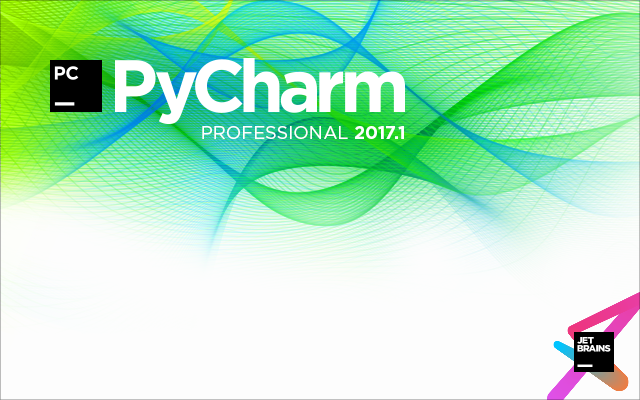PyCharm 2017.1 Release Candidate
Great news: We are now approaching the final steps towards the first major release in 2017. So today we’ve published the PyCharm 2017.1 Release Candidate. Download it now from our early access page.
Since the previous early access preview build we’ve fixed a lot of bugs in various subsystems and also introduced some important improvements: details in the release notes.
In case you missed what’s new in upcoming PyCharm 2017.1, check out the early access page to learn about the features included in the new version. Some highlights:
- The Python debugger got forty times faster for Python 3.6 projects, and up to two times faster for older versions of Python
- Improved Python and JavaScript testing
- Support for the six library
- Zero-latency typing
- Support for native Docker for macOS
- And much more
We hope that there will be no major bugs in the RC build, however, should you encounter any problems, please report them to YouTrack – we’ll still have a bit of time to fix stuff before the final release.
Stay tuned for a PyCharm 2017.1 release announcement and follow us on Twitter.
-PyCharm team
Subscribe to PyCharm Blog updates









